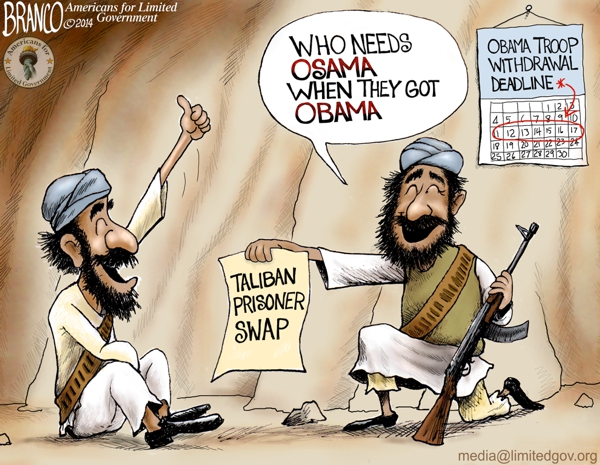Iran’s nuclear deal and us
Abdulrahman al-Rashed/Al Arabiya/ 16 July/15
The Iranian regime is like a monster that was tied to a tree and finally set loose based on good intentions. The agreement reached between major world powers and Tehran abandons the demand to end its nuclear program, and lifts sanctions as Iran restores more than $100 billion of frozen assets. I can imagine the wide smile of disbelief of Iranian leaders, as this is a gift from the sky for almost nothing in return.
The conditions Tehran set at the end were not a necessity, but it imposed them to further pressure the Americans and speed up the negotiating process by refusing the inspection of military sites and preventing investigations with Iranian scientists.
Washington accepted a deal that we all know could have been better
It was all a farce that began in Tehran in a moment of fear that the regime may collapse due to sanctions, bankruptcy and domestic pressure. Most Iranian civil aircraft are no longer fit for use due to lack of maintenance and spare parts. Everything in Tehran has become eroded.
An expert on Iran told me the government was ready for any deal with Washington at any cost, as what mattered was ending sanctions, especially after banning Iran from using the dollar in its transactions – the final nail in the coffin of a series of fatal sanctions. We can imagine the talk inside Tehran on how to convince the Americans that this a historical deal with conditions.
A better deal
U.S. President Barack Obama did not commit a mistake when he accepted the Iranian proposal, as the aim of sanctions was not to topple the regime but to force it to give up its nuclear military program and alter its hostile behavior. The Iranians were prepared for a real reconciliation, but Washington rushed and was afraid it would miss its chance to reach a deal, so it accepted a deal that we all know could have been better.
We are not against the agreement, lifting sanctions or Western reconciliation with Iran, as this serves our interests and proves to Iranians and Arabs that everything Tehran has said in the past 30 years contradicts its current endeavor to reconcile with the Great Satan. Most importantly for us, such reconciliation ends the regional tension that has been ongoing between us and Iran since the last century.
We have grown tired, and want an ending that benefits the Iranian and Arab peoples without humiliation or pain. Unfortunately, the deal fulfils Iranian clerics’ wishes as it allows Iran to keep its nuclear capabilities, and only imposes a 10-year hiatus on intensive uranium enrichment. Also, Tehran is free to resume its adventures and support extremist groups. The agreement does not include a mechanism or set of commitments to protect the region.
What we fear is the deal strengthening the hawks in Tehran and therefore postponing any positive transition within or outside the regime for a decade or two. The authority of evil governments, such as Saddam Hussein’s in Iraq, Bashar al-Assad’s in Syria and Moammar Qaddafi’s in Libya, has either fallen or weakened, and the Iranian regime was afraid it will face the same fate.
The agreement has fortified it, so we expect more wars and blood in the region. That is why we disagree with Washington as it could have signed a better deal that could have positively changed the region, as Iran is the official supporter of most extremist parties, from Hezbollah to Hamas to the League of the Righteous. Iran is the motive for the emergence of opposing extremist parties such as Al-Qaeda and the Islamic State of Iraq and Syria (ISIS), and its terrorist operations have expanded to include the Philippines in the far east to Argentina in the far west.
For many Arabs, Iranian centrifuges are of the least concern
Joyce Karam/Al Arabiya/ 16 July/15


















